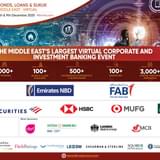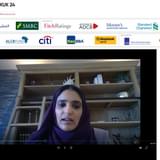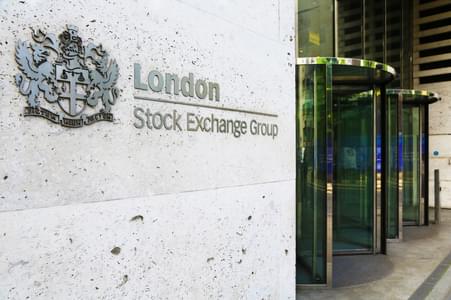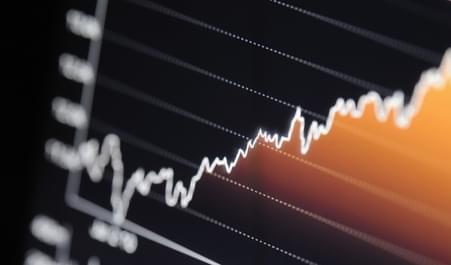It has been a busy week for GCC issuers.
The UAE’s First Abu Dhabi Bank hit the market earlier this week to place USD500mn in sukuk maturing 2025, paying a coupon of 2.5%, with books opening and closing within just a matter of hours.
Bahraini sovereign wealth fund Mumtalakat sold a USD500mn 7-year sukuk at a profit rate of 4.1% in a successful follow-up to its international debt market debut last year; the deal saw strong spread compression after securing a strong orderbook of around USD3.5bn, with its solid outcome partly due to the issuer having given preference to holders of its 2021 notes.
Qatar National Bank also took the opportunity to place USD600mn with Taiwanese investors in a long-dated Formosa bond that was well-subscribed.
There appears to be more in the pipeline. Bahrain-based GFH Financial Group has hired Emirates NBD Capital, KAMCO Investment, Mashreqbank, SHUAA Capital, Societe Generale, Standard Chartered Bank, and Warba Bank to coordinate the sale of 5-year debt.
The strong uptake suggests borrowers and investors remain relatively nonplussed when it comes to an escalation in tensions in the Persian Gulf between the US along with its regional allies like the UAE and Saudi Arabia, and Iran.
Zeina Rizk, Director of Fixed Income Asset Management at Arqaam Capital says that while the geopolitical risk premium is there, it’s certainly “not as significant as it should be.”
“I don’t think the market is fully pricing in the actual risk of what is happening in the region.”
There’s more issuance to come. The Kingdom of Saudi Arabia, Egypt, Qatar, and Oman all need to come to market this year to refinance debt and fund deficits of varying sizes. Rizk suspects much of that will be front-loaded in Q1.
But the 2020 outlook for GCC credit relative to the wider EM debt asset class appears less favourable than was the case this time last year.
“Because the overall macro picture is brighter globally, you will likely have more inflows into emerging markets, which is more likely to feed into higher beta markets – and will come at the expense of GCC credit.”
“Between January and September last year, GCC outperformed EM because investors were more risk averse, concerns around trade wars were riding high, and before people saw a definitive pause on interest rates, people favoured investment-grade over high-yield credit – which favoured GCC assets. Since September, things have shifted, and we’ve seen GCC underperform the wider EM universe. With more supply in the offing, this may continue throughout 2020.”









